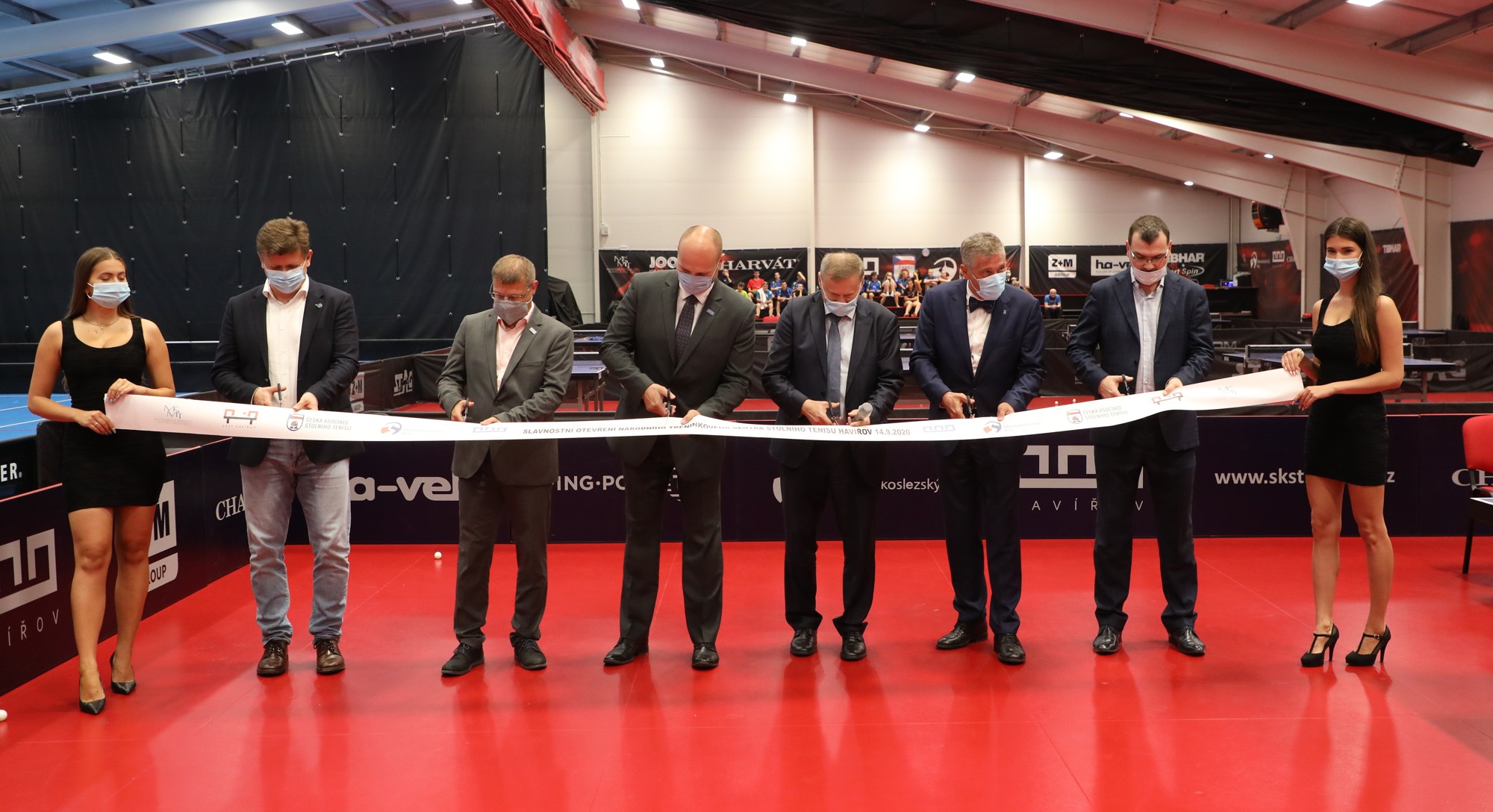"We must never allow the future to collapse under the burden of memory," wrote Czech author Milan Kundera. The Czechoslovakia of Kundera's birth, of course, no longer exists, having in 1993 undergone an amicable mitosis into the Czech Republic and Slovakia. Even with a fresh start in the post-Communist era, however, the burden of memory still weighs heavily on Czech table tennis players. When Kundera was but a boy, coming of age under the looming shadow of Nazi Germany, Czechoslovakia had displaced Hungary as the dominant table tennis force in the world. With Marie Kettnerová and Vlasta Depetrisová winning women's singles world championships, and Stanislav Kolář and Bohumil Váňa claiming the gentlemen's equivalents, Czechoslovakia was tops on the table. Everything changed in 1938, however, when Czechoslovakia fell to Nazi rule. There would be no ITTF World Championships at all during the war, costing the dominant Czechs untold additional medals. After the war, with Czechoslovakia falling under Stalin's Communist rule, Bohumil Váňa managed to reach three more men's singles finals, claiming his and Czechoslovakia's last world singles title in 1947. Czechoslovakia remained a force in men's doubles, winning six world championships in the discipline from 1947-1957. This would be the last time the nation would sniff a gold medal at the World Championships until a valiant run to the 1985 men's doubles final, when Jindřich Panský and Milan Orlowski lost to Sweden's Mikael Appelgren and Ulf Carlsson in front of a highly partisan crowd in Gothenburg. Now, the Czech Republic is making strides to reclaim its former glory with the opening of a new training center in Havířov. The new, 21,500-square-foot center holds up to 32 tables, making it not only the biggest dedicated table tennis training hall in the country but among the biggest on the continent, as vice president of the Czech Table Tennis Association Nikolas Endal is quick to point out. "I dare to say that not only in the Czech Republic, its parameters are among the five largest and most modern sports facilities for national table tennis centers in Europe," says Endal, whose Czech national team currently boasts no players with a world ranking higher than #50. "We have assembled a team of experienced coaches, most of whom work for the Czech national team," continues Endal. "I believe it will become a popular training center, not only for Czech players, but also that foreign clubs and national teams will come to us." To paraphrase W.P. Kinsella's novel "Field of Dreams," the true origin of fantasy sports teams, "If you build it, they will come." Along with various photo-op-seeking dignitaries, the spirits of Kettnerová, Váňa and other Czech legends were surely in attendance at the ribbon cutting ceremony in Havířov, not to haunt their compatriots but to play cheerleader. Rather than crumbling under the burden of memory, the Czech Table Tennis Association has instead fashioned a firm foundation for its fearless future.
More at ETTU
